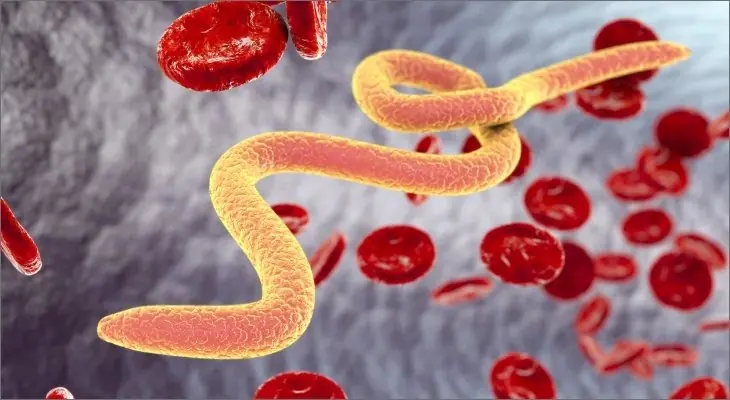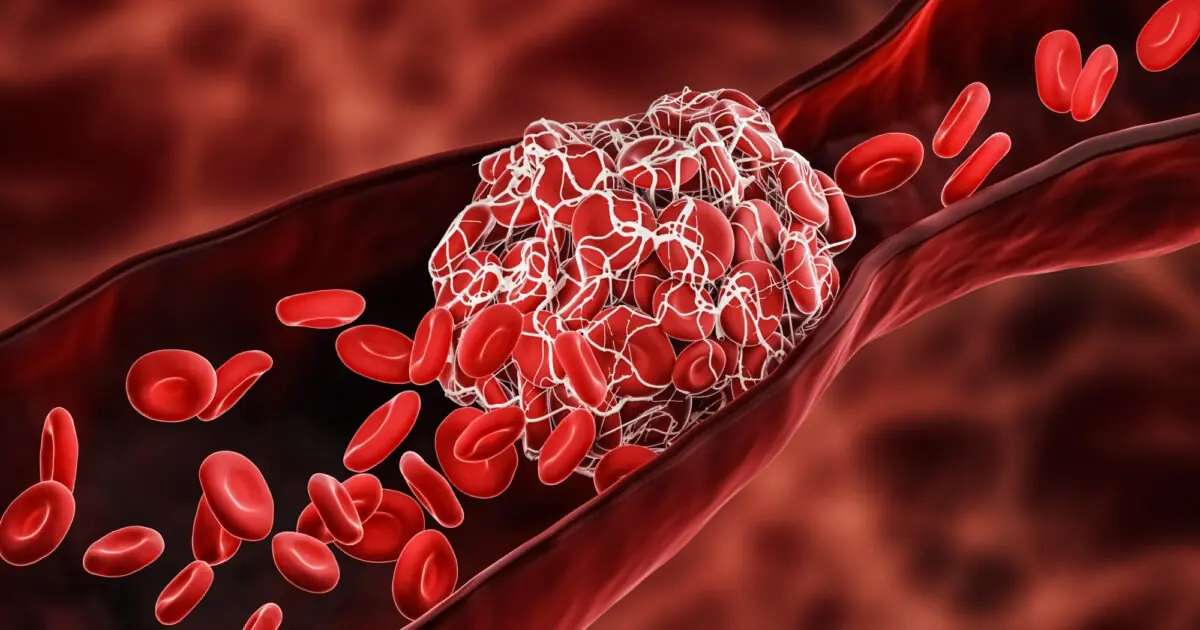
Surprising Signs You're Actually Gluten Intolerant
Surprising Signs You're Actually Gluten Intolerant
Gluten intolerance, or non-celiac gluten sensitivity, affects more people than you might think, and it doesn't always show up as a simple stomach ache. While digestive issues are a common symptom, gluten can manifest in many other surprising ways throughout your body.
If you've been feeling "off" and can't figure out why, here are 10 lesser-known signs that gluten might be the cause.

1. Frequent Headaches or Migraines
If you suffer from regular headaches or migraines without a clear reason, gluten could be a hidden trigger. Some people with gluten sensitivity report experiencing chronic headaches that don't respond to typical treatments.
2. Brain Fog
Do you feel mentally "cloudy" or "fuzzy" after meals? This feeling, known as brain fog, is a common complaint among those who are sensitive to gluten. It can affect your focus, memory, and overall mental clarity.
3. Chronic Fatigue
If you're constantly tired, even after getting enough sleep, gluten could be draining your energy. Gluten intolerance can lead to chronic fatigue due to inflammation, disrupted sleep, and poor nutrient absorption.
4. Skin Issues
Inflammation caused by gluten sensitivity can appear on your skin as conditions like eczema, psoriasis, or acne. These flare-ups can be particularly noticeable on the arms, elbows, face, and scalp.
5. Joint and Muscle Pain
Unexplained stiffness or aches in your joints and muscles could be a sign of gluten intolerance. For some individuals, gluten can trigger widespread inflammation that mimics the pain of arthritis.
6. Mood Swings and Anxiety
Your gut and brain are deeply connected. Gluten can disrupt this connection, and many people with a gluten sensitivity report experiencing anxiety, depression, or irritability. If your mood feels unusually unstable, it could be a factor.
7. Unexplained Weight Changes
Gluten intolerance can interfere with how your body absorbs nutrients, which may lead to unintended weight loss. Conversely, it can also cause weight gain due to inflammation or metabolic imbalance. If your weight is shifting without a clear explanation, it's worth investigating.
8. Autoimmune Conditions
There is a frequent overlap between gluten intolerance and autoimmune disorders like Hashimoto's thyroiditis, lupus, or rheumatoid arthritis. For many people, removing gluten from their diet helps reduce autoimmune flare-ups and related symptoms.
9. Digestive Discomfort (Even If It’s Mild)
Not all gluten sensitivity comes with severe digestive distress. Mild symptoms like bloating, gas, or irregular bowel movements can still be signs. Many people dismiss these as normal, but they could point to a deeper sensitivity.
10. Iron-Deficiency Anemia
If you eat a balanced diet but still have low iron levels, gluten might be to blame. It can interfere with iron absorption in your small intestine, leading to symptoms like fatigue, shortness of breath, and pale skin.
Final Thoughts
If you recognize several of these signs, consider trying a gluten-free diet for a few weeks to see if your symptoms improve. While only a healthcare provider can officially diagnose celiac disease, many people with non-celiac gluten sensitivity feel significantly better after cutting gluten from their diet.
Your body may be sending you subtle signals—don’t ignore them. Identifying the root of your symptoms could be the first step toward feeling healthier, clearer, and more energized.
News in the same category


13 Detox Foods To Flush Out Toxins, Fight Cancer Cells And Relentlessly Hunt Free Radicals

Doctor warns: your ‘healthy’ lemon water habit is actually destroying your liver – here’s what you’re doing wrong

Gentle Stretches to Relieve Sciatica Pain

Cold Sores: How to Reduce Symptoms and Speed Up Recovery

52-year-old man died of diabetes, doctor advised: 4 types of breakfast should be removed from the table

This drink helps reduce gastroesophageal reflux and heartburn effectively

This Courageous Woman Says Experiencing a Stroke Was the Best Thing That Ever Happened to Her

8 Reasons for Dark Circles That Aren’t Due to Lack of Sleep

Always Tired, Bloated, or Foggy? This Can Be Why… Follow This Parasite Cleanse Diet

A Blood Clot Can Lead to a Heart Attack, Thrombosis, or a Stroke. Discover 16 Powerful Blood-Thinning Foods You Need

Here’s What Happens to Your Body When You Eat Two Eggs a Day. I Would Have Never Believed No. 4… Unbelievable!!!

WARNING: Your Fingernails Are Trying to Tell You Something—Don’t Ignore These Signs!

Symptoms That Can Be Caused by Stress

🌿 17 Health Conditions That May Benefit from Guava Leaf Tea + Easy Homemade Recipe

A Scientific Look at Oregano’s Role in Supporting Wellness

Scientists discover ‘stealth bacteria’ from your mouth are hiding in your arteries and triggering heart at:tacks

Cold, numb legs or feet? Eat this one food to restore circulation naturally
News Post

How to Keep Supermarket Basil Alive and Thriving

3 Best Detox Drinks for Glowing, Healthy Skin

Erase Wrinkles and Fight Signs of Aging with Banana Face Pack: The Ultimate DIY Skincare Remedy

DIY Korean Rice Cream: The Secret to Wrinkle-Free, Glowing Skin Even After 50 – DIY Recipe and Benefits

Anti-Aging Face Mist with Rice Water: Unlock the Secrets to Hydrated, Glowing Skin

Roasted onion peel treatment for grey hair

Homemade Onion Juice Serum To Grow Thick Eyebrows In Just 1 Week

DIY Aloe Vera Beauty Cubes for Dark Spots, Acne, and Skin Rejuvenation: The Ultimate Skincare Hack

6 Home Remedies to Lighten Dark Underarms | How to get rid of Dark Underarms

DIY Aloe Vera Facial: A Step-by-Step Aloe Vera Facial for Skin Lightening

How to make banana vinegar with just 4 simple ingredients, and enjoy the delicious final product.

Drinking lemon ginger water provides these 6 amazing benefits for your body

Mosquitoes are most afraid of this bowl of water. Place it in your house, and no matter how many mosquitoes there are, they will all be gone. Sleep peacefully!

Drinking lemon ginger water provides these 6 amazing benefits for your body.

Anyone Whose Hair Is Falling Out Needs To Make This 2-Ingredient Drink Immediately

13 Detox Foods To Flush Out Toxins, Fight Cancer Cells And Relentlessly Hunt Free Radicals

Doctor warns: your ‘healthy’ lemon water habit is actually destroying your liver – here’s what you’re doing wrong

The Secret Power of Plantago Major that no one knows

Mimosa Pudica: Medicinal Value and Uses
